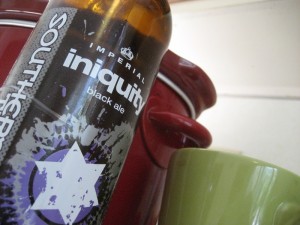‘Tis the season!
I just lowered the prices on all of my novellas and short stories. Ebook versions on Amazon.
Here’s the titles you can now get for the low, low price of only 99 cents :D
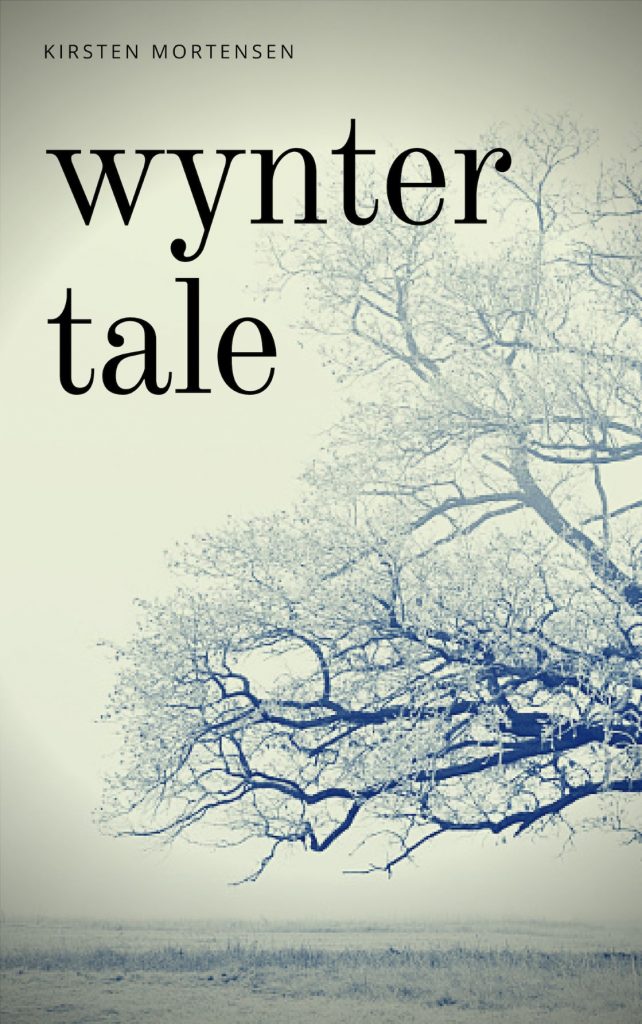
So this is a story that wrote itself. I started with the premise that “the real Santa” might be a kind of pagan god. Then I asked myself: what would happen if this “real” Santa turned out to be rather deliciously sexy?
But before you get the wrong idea, as one reader pointed out, Wynter Tale is more about friendship than romance. As I said, wrote itself. Also worth noting: I originally published this under the title Santa Hunk. Changed the title later to more accurately reflect the story.
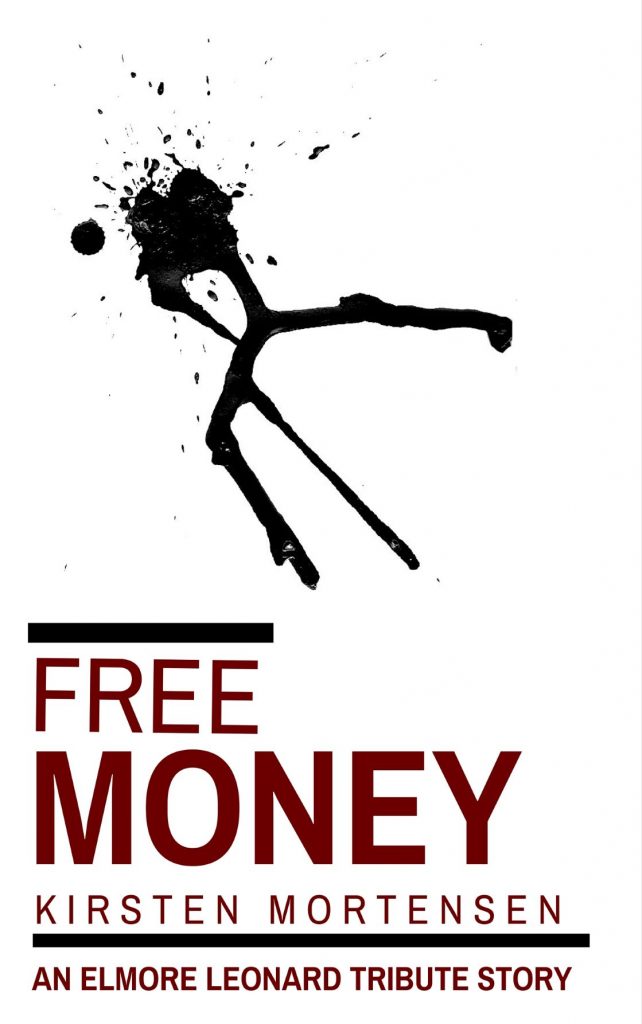
Free Money is a novella I wrote as a tribute to Elmore Leonard. It was fun to write, in part, because it weaves in a real-life crime story (and mystery) from 1980s new York. And the climax is set in a rather creepy spot in Mendon Ponds Park south of Rochester, New York. I published some pictures of the location here.
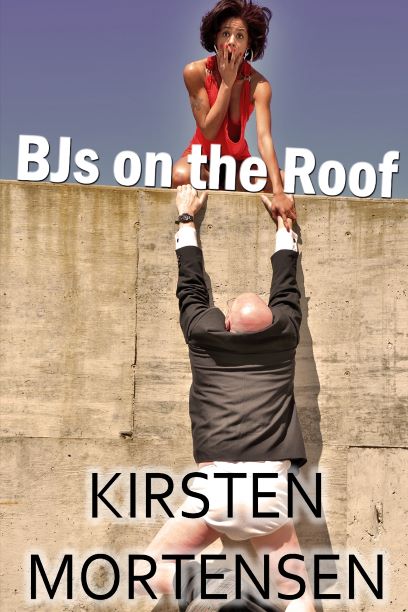
Okay, believe it or not, once upon a time — so I heard — someone really did run a prostitution ring on the roof of a building in Rochester, New York.
That said, any resemblance the characters in BJs on the Roof bear to actual people, living or dead, is purely coincidental. OTOH readers say the story makes them laugh — which was my goal!
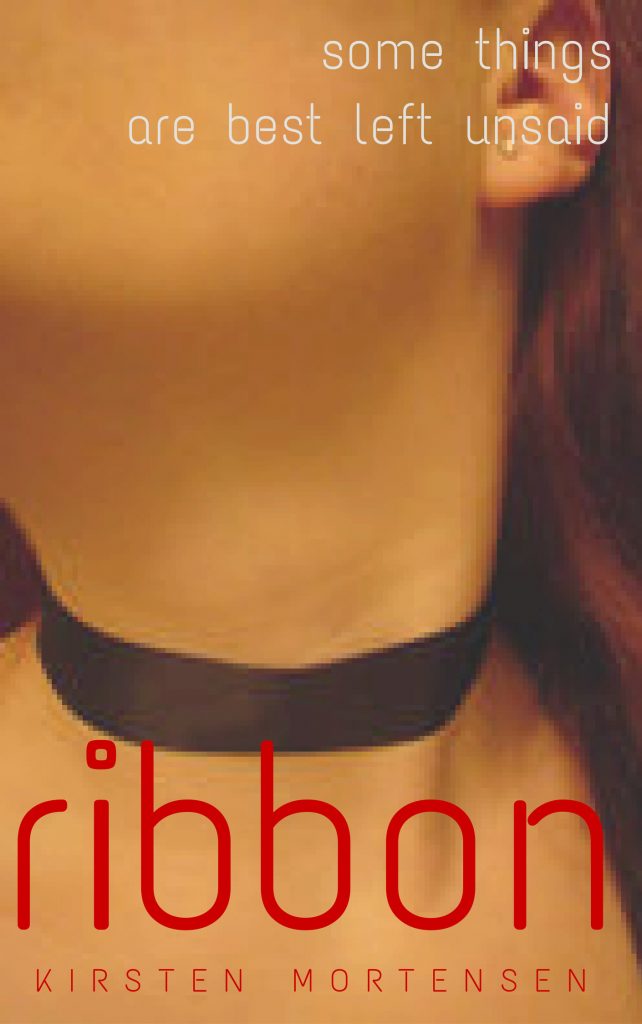
Ribbon is my retelling of the horror story, The Girl with the Black Velvet Ribbon.
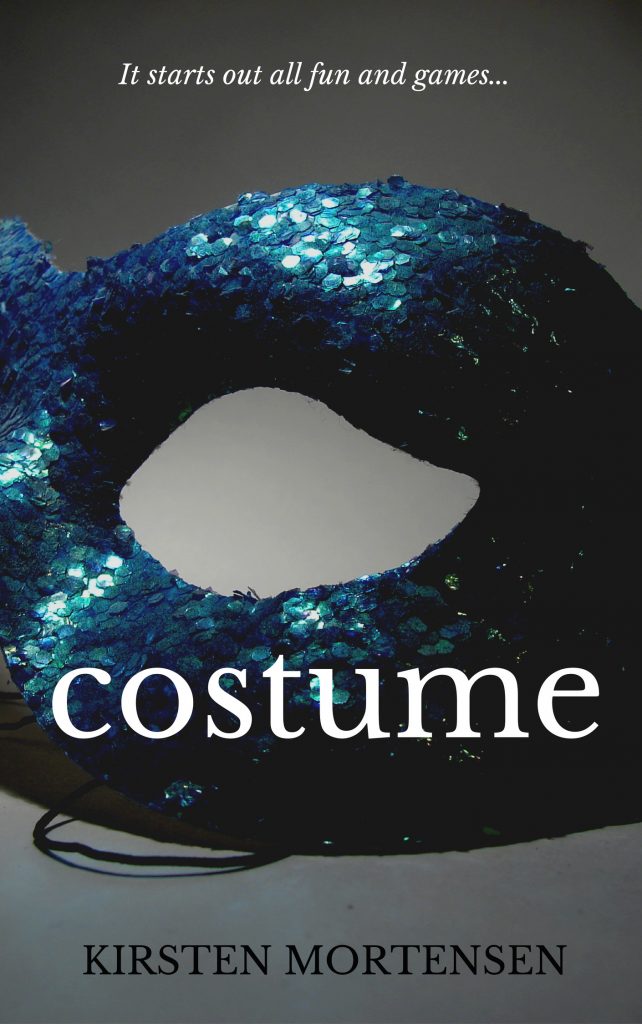
Costume is another scary story. I wrote it originally for a Halloween-themed flash fiction event.
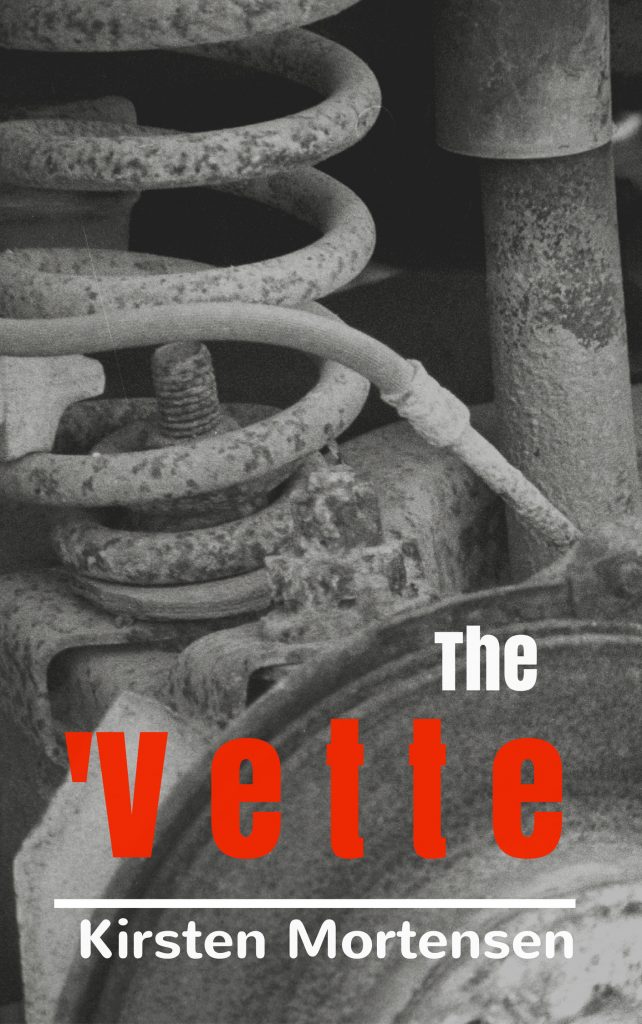
The ‘Vette is more literary fiction. It’s loosely based on experiences I had when I was a teenager in Upstate New York.
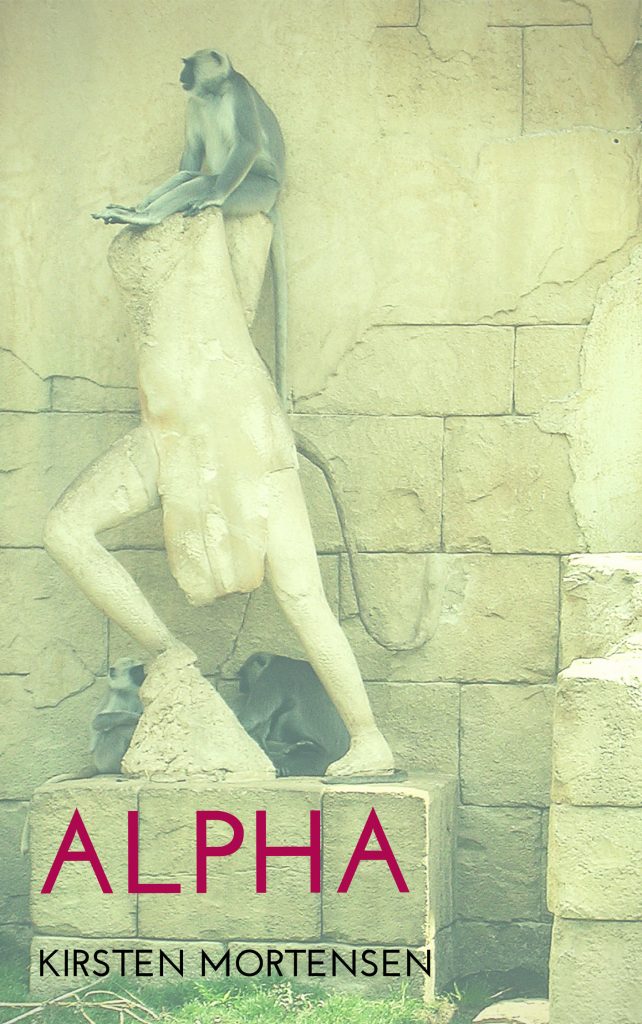
Alpha is another story that I’d call more literary fiction. Male protag again :). The tagline: Boy met Girl a long time ago. Maybe it’s time to admit that he’s her match.
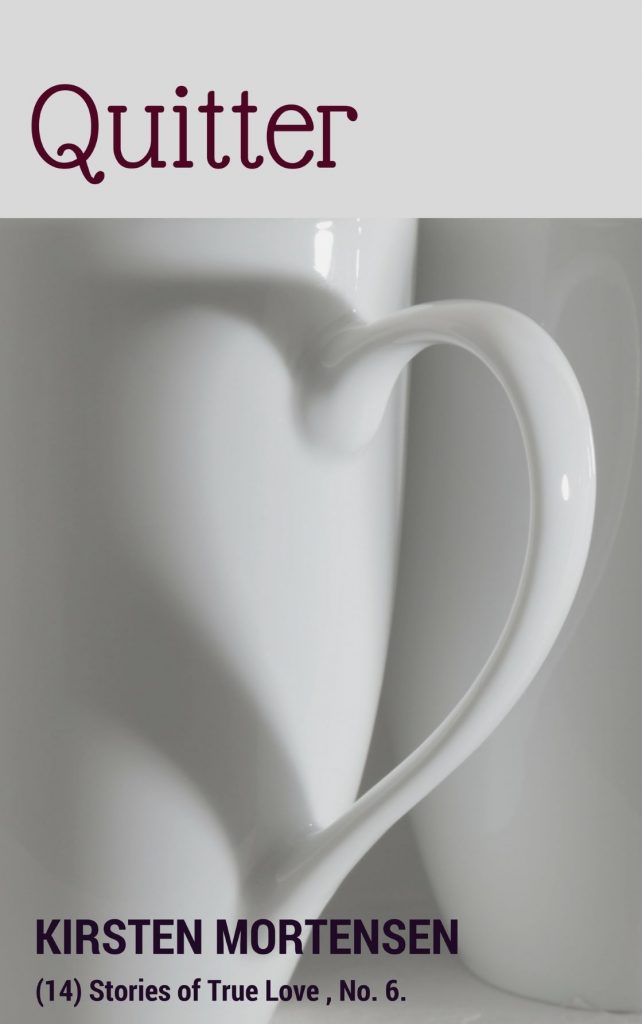
I also have a whole series of sweet love stories, like this one, Quitter. The intent was to do 14 (for Valentine’s Day, get it? hahahahaha) but I only got to 7. Maybe this year I’ll get the rest done!
Click here to visit my Amazon author page!

